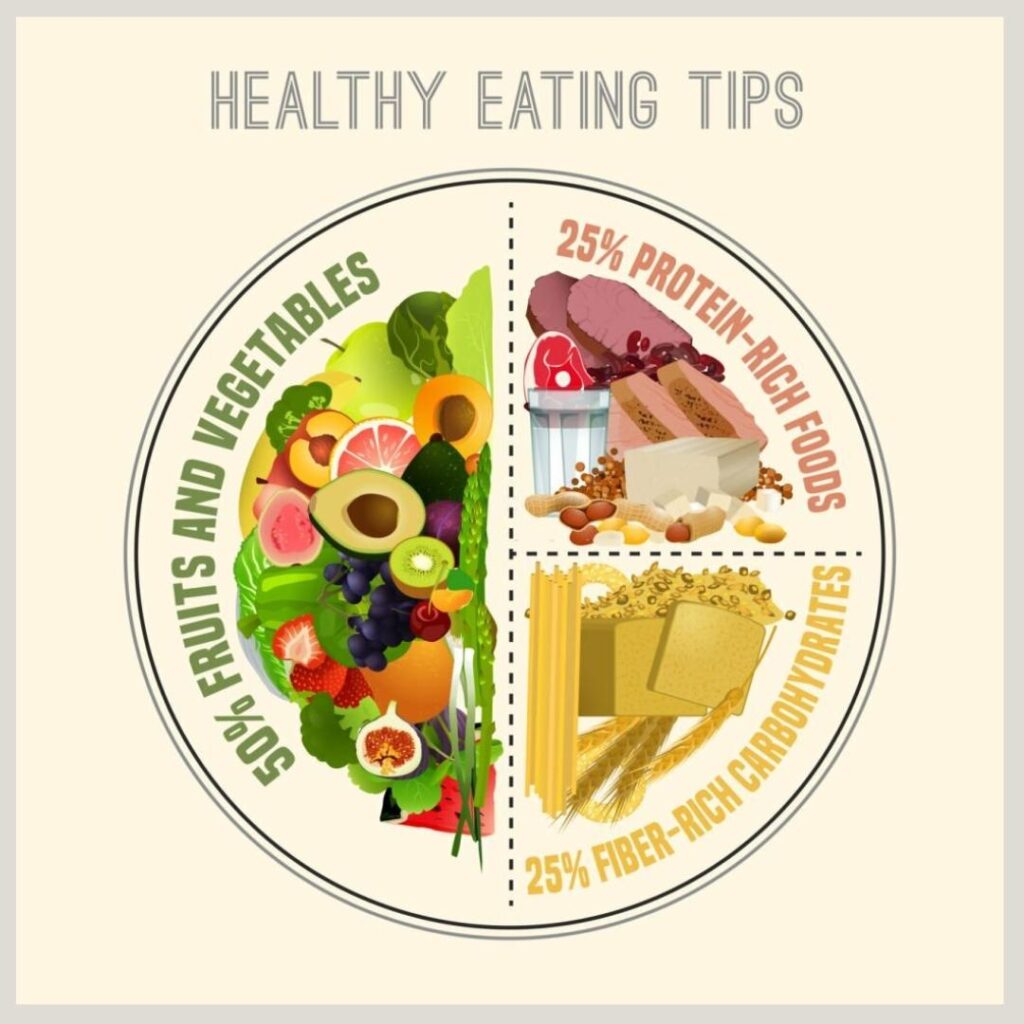As we journey through life, our bodies undergo a series of transformations that influence not only how we feel but also how we nourish ourselves. Nutritional needs are not static; they evolve from childhood through adulthood and into our golden years. Understanding these changes is crucial for maintaining optimal health, energy levels, and overall well-being as we age. In this article, we will explore the key nutritional adjustments necessary for different life stages, delve into common dietary challenges faced by older adults, and offer practical strategies to help you or your loved ones thrive at every age. Whether you’re looking to improve your own eating habits or support a family member, this guide aims to provide insight and inspiration for harnessing the power of nutrition in the aging process. Let’s embark on this journey of discovery together, empowering ourselves with knowledge and the tools to adapt our dietary choices to better serve our evolving bodies.
Understanding the Changing Nutritional Landscape Across the Lifespan
As individuals progress through various stages of life, their nutritional requirements evolve, reflecting changes in metabolism, lifestyle, and health conditions. In childhood and adolescence, the body demands higher levels of essential nutrients to support rapid growth and development. Key focus areas during this phase should include:
- Calcium and Vitamin D for developing strong bones.
- Iron to support increased blood volume and muscle growth.
- Protein for muscle development and overall health.
In adulthood, nutritional needs shift again, often emphasizing not just sustenance but also health maintenance and disease prevention. As adulthood progresses into senior years, a balanced diet rich in nutrients becomes crucial to manage age-related health conditions. Important considerations include:
- Fiber to aid digestion and prevent constipation.
- Omega-3 fatty acids for heart health.
- B vitamins for energy metabolism and cognitive function.
| Age Group | Nutritional Focus |
|---|---|
| Children | Growth & Development |
| Adolescents | Energy & Nutrient Density |
| Adults | Health Maintenance |
| Seniors | Functional Health & Disease Prevention |
Essential Nutrients for Aging Gracefully: Priorities for Optimal Health
As we age, our bodies undergo numerous changes that directly impact our nutritional needs. Prioritizing key vitamins and minerals is essential to support overall health and vitality. Nutrients such as calcium, vitamin D, and magnesium play a critical role in maintaining bone density and preventing osteoporosis. Additionally, an increased intake of B vitamins—especially B12 and folate—can help bolster energy levels and support cognitive function, which is crucial for maintaining mental clarity as we grow older.
Moreover, antioxidants like vitamins C and E are essential in combating oxidative stress and reducing inflammation, which can contribute to chronic diseases. Healthy fats, particularly omega-3 fatty acids found in fish, flaxseeds, and walnuts, have been shown to enhance heart health and brain function. To keep a well-rounded diet, it’s important to focus on incorporating a variety of nutrient-dense foods. The following table illustrates key nutrients and their respective food sources:
| Nutrient | Food Sources |
|---|---|
| Calcium | Dairy products, leafy greens, fortified foods |
| Vitamin D | Sunlight, fatty fish, fortified milk |
| B12 | Meat, fish, eggs, dairy |
| Omega-3 Fatty Acids | Salmon, flaxseeds, walnuts |
Meal Planning Strategies: Tailoring Diets for Older Adults
Meal planning for older adults requires a nuanced approach that prioritizes both nutrition and enjoyment. As we age, our bodies experience changes that can influence dietary preferences and needs. It’s essential to focus on nutrient-dense foods that provide the necessary vitamins and minerals while minimizing empty calories. Tailoring meal plans to incorporate a variety of food groups can help address common concerns such as bone health, cognitive function, and heart health. Consider including:
- Leafy greens and vibrant fruits for antioxidants
- Whole grains for fiber and sustained energy
- Nuts and seeds for healthy fats
- Greek yogurt for protein and probiotics
- Fresh fruits packed with vitamins and fiber
- Cut vegetables for low-calorie, nutrient-rich snacking
Addressing Common Dietary Challenges: Tips for Maintaining Nutritional Balance
Adapting your diet as you age can bring unique challenges, but with a few simple strategies, you can ensure you meet your nutritional needs. One effective approach is to embrace small, frequent meals throughout the day instead of sticking to the classic three-meal pattern. This can help maintain energy levels and keep your metabolism active. Consider incorporating nutrient-dense snacks such as:
Another important factor is hydration, which often becomes overlooked as we age. To combat this, aim to drink water consistently throughout the day, even if you’re not feeling thirsty. Incorporating hydrating foods into your meals can also support your fluid intake. Consider adding items from the table below to your diet for natural hydration:
| Food Item | Water Content (%) |
|---|---|
| Watermelon | 92 |
| Cucumber | 95 |
| Strawberries | 91 |
| Spinach | 91 |
The Way Forward
As we journey through the various stages of life, our nutritional needs evolve, requiring us to adapt our diets to maintain optimal health and well-being. By understanding the changing demands of our bodies as we age, we can make informed choices that empower us to live our healthiest lives.
In navigating nutritional needs, it is essential to embrace a holistic approach, focusing not just on what we eat, but also on fostering a positive relationship with food, incorporating physical activity, and addressing any unique health concerns that may arise. Remember, it’s never too late to make impactful changes to your dietary habits—small adjustments can lead to significant improvements in your overall wellness.
consider seeking guidance from healthcare professionals or registered dietitians. Their expertise can help tailor a nutritional plan that suits your individual requirements, keeping you on track as you age gracefully. Here’s to a vibrant, nourishing journey ahead—because health is, after all, a lifelong pursuit. Stay curious, stay informed, and most importantly, stay healthy!





